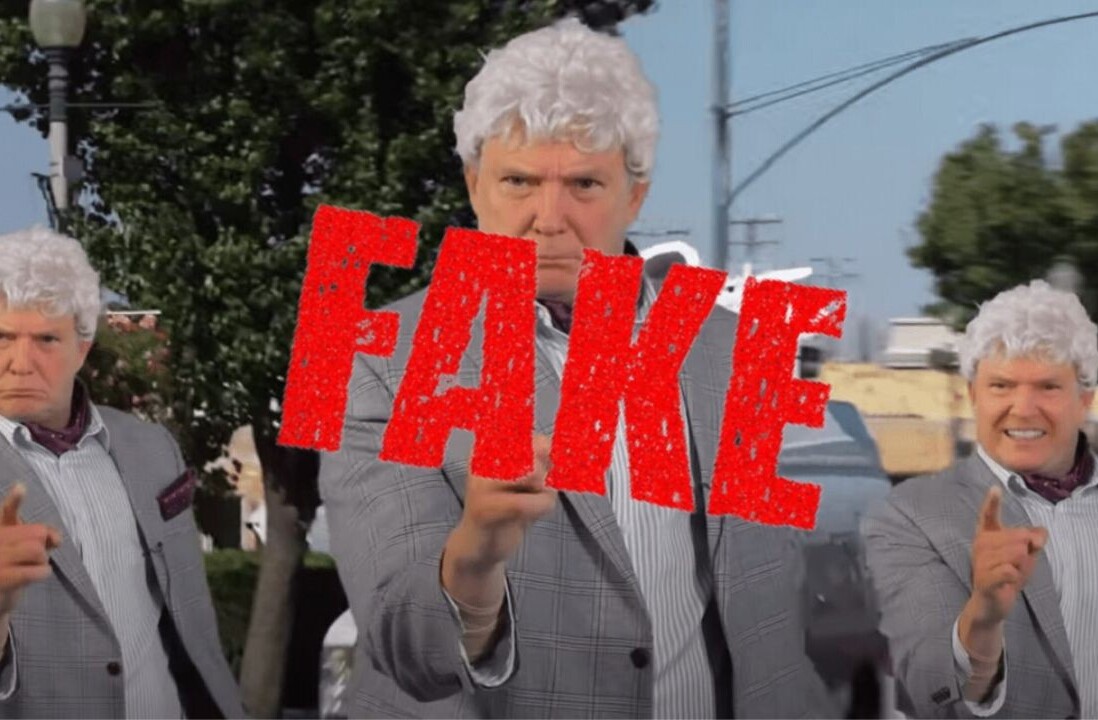Social media influencers are facilitating the trade in counterfeit goods, according to new research by Portsmouth University.
After analysing surveys of 2,000 people in the UK, the study team found around 22% of consumers who are active on social media have bought counterfeits endorsed by influencers. The researchers believe it’s the first-ever estimate of its kind. They warn that counterfeiters are exploiting the popularity of influencers to peddle harmful products.
“Counterfeit products injure and kill hundreds of thousands of people across the world,” Dr David Shepherd, the study’s lead author, said in a statement. “The working conditions in the counterfeit factories are unsafe with subsistence-level wages. Don’t be fooled by social media influencers.”
Their dubious charms are particularly appealing to young people and males. According to the study, people between 16 and 13 years old are three times as likely to purchase endorsed counterfeits as those aged 34 to 60. Males, meanwhile, accounted for 70% of all the buyers.
The researchers attribute these inclinations to specific characteristics.
The consumers tended to have a low-risk awareness, a high-risk appetite, and a propensity to morally justify counterfeit purchases, due to factors such as the high prices of genuine brands. They also had a broader vulnerability to influence. Buyers of endorsed counterfeits were twice as susceptible to the influence of friends and social media.
“Social commerce is the new frontier for marketing, and the social media influencers are the new royalty,” Professor Mark Button, the study’s co-author, said. “Consumers in this marketplace often rely on remote recommendations by third parties, and these influencers have increasingly replaced the customers’ own evaluations of purchasing risk.”
While the new research only covers the UK, the findings highlight an international problem.
Influencers and e-commerce have made social media a global catalogue for counterfeit goods, with deep social and economic impacts. According to a study by the EU’s Intellectual Property Office counterfeits such as bags, clothing, and electrical goods cost the bloc €60bn and 434,000 job losses every year.
“This study raises serious concerns about the impact of deviant influencer marketing on consumer behaviour, particularly among vulnerable demographics,” said Button. “It is crucial for brands, regulators, and law enforcement agencies to take action and disrupt the activities of these illicit influencers and the networks that support them.”
You can read the open-access study in the Deviant Behaviour Journal.
Get the TNW newsletter
Get the most important tech news in your inbox each week.






